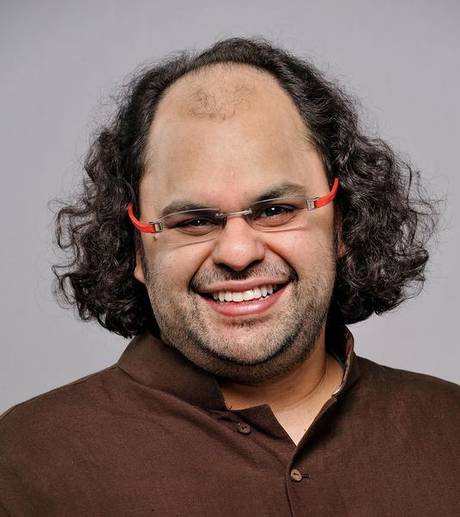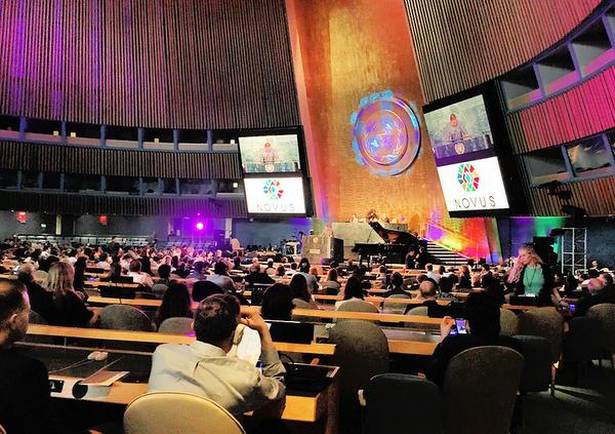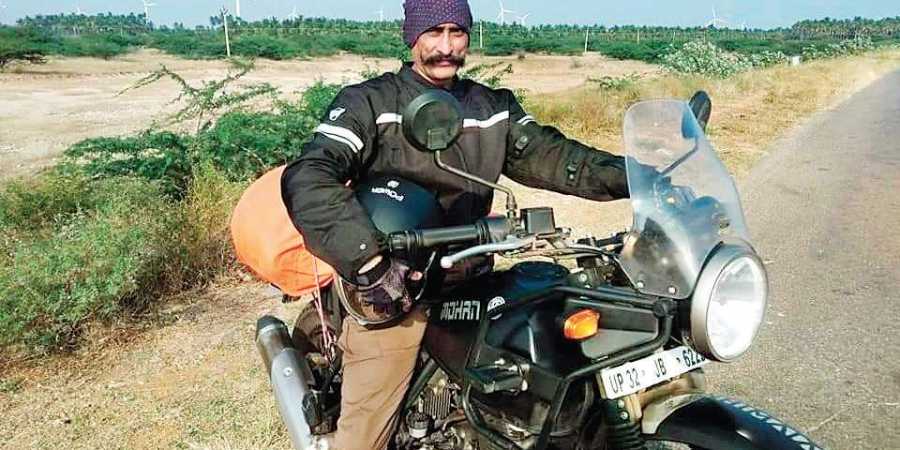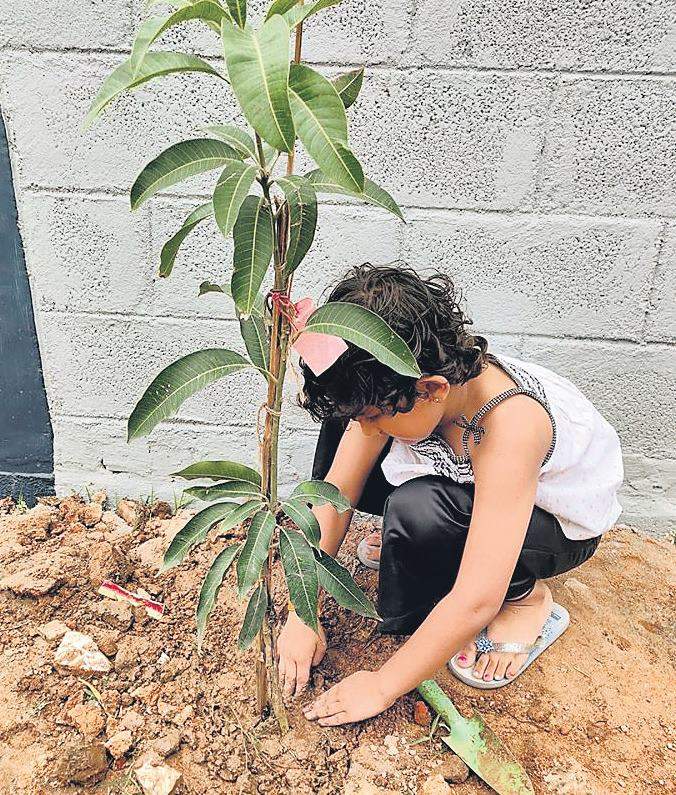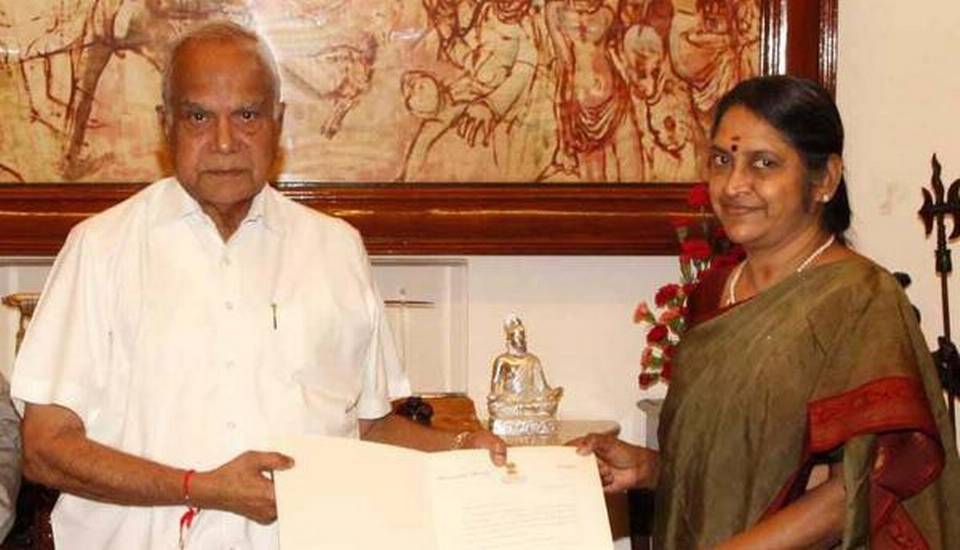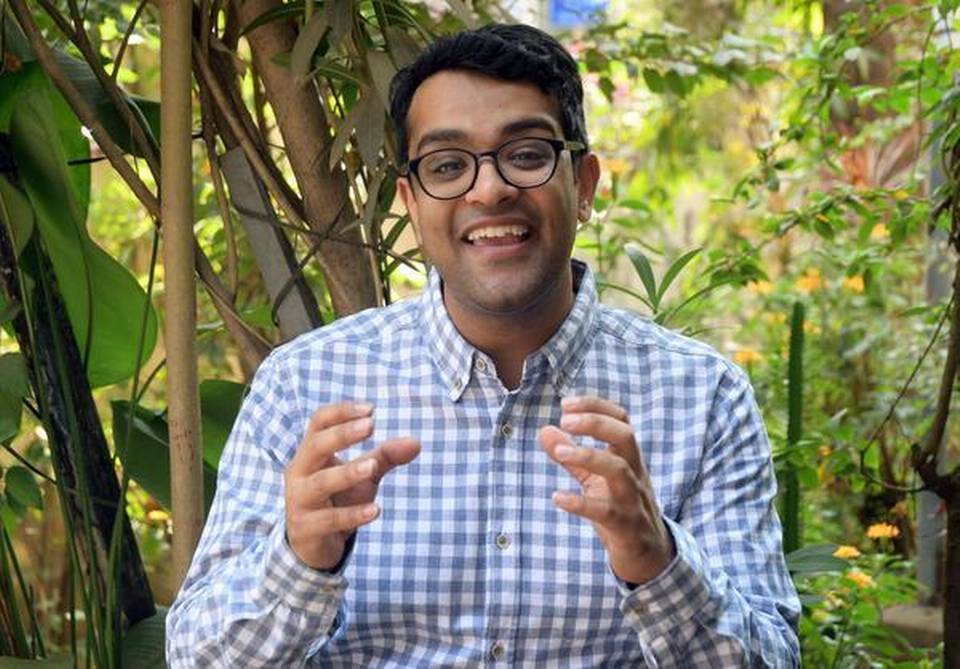
Meet Harish Natarajan, a champion debater who recently triumphed over IBM’s AI debater
Harish Natarajan loves arguing. It has helped him win debates against his parents at dinner table conversations when he was young. It has helped him scale heights in debating circles — he holds the world record for most debate victories. And recently, it helped the 31-year-old triumph over IBM’s artificial intelligence debating system, affectionately dubbed ‘Miss Debater’.
His victory has been celebrated across the globe, thanks to the recent emphasis on man-vs-machine clashes. At his nondescript house in Chennai’s bustling T Nagar, where he is for a day for his grandfather’s birthday celebrations, a jet-lagged Harish is nonplussed about all the worldwide attention. “Before the clash, part of me thought that a machine couldn’t be as good as humans in debating. But then, I knew that a machine had beaten chess champion Garry Kasparov in the past. So, winning against the AI was somewhat of a relief. Maybe in a couple of years, if IBM continues developing the debating side of AI, I’d be happy to have a go at it again… and then, that would be real achievement,” he says.
_____________
- A 31-year-old, settled in the UK, and among the world’s best debaters
- He recently defeated IBM’s AI-powered debating system in a live face-off
- Is currently involved in coaching people from less developed debating circuits
_____________
The topic given to the two was about pre-school subsidies, and Harish went about treating the clash like he would with any human. “The first 30 seconds, of course, were strange — I realised I was up against this giant ballot box. But after that, as the AI was making arguments, I kept noting what my responses ought to be. At times, it was putting forth points that I couldn’t really deny. But I was always thinking: How do I use its words against it?”
One of the reasons Harish was able to outsmart the machine in the 25-minute rapid-fire exchange was the emphasis he gave to ‘emotion’ during his arguments. “Emotion elevates the importance of what you’re saying. There were moments when even the machine was trying to evoke emotion. But I did have an edge because, when I talk about experiences, it comes across as more genuine partly because… well, I’m not a machine.”
Point of the matter
His parents are both from Chennai, but Harish was born and brought up in the UK, and has been debating since he was 16. “I was relatively good at school, but I discovered I wasn’t up there once I went to the bigger debating world.” His time at Cambridge helped him put a lot more effort into this side of things. “I realised that I enjoyed debating and had the aptitude for it. Eventually, with practice, I got better.”
Today, he has participated in more than 2,000 debates and is among the world’s best, but Harish has never been too happy with his performances. “That’s why I never re-watch any of my debates, because I am always thinking what more I could have done,” he says.
There have been times when Harish has been caught off guard. At one debate, the topic in front of him was: commercialisation of feminism. “I remember thinking that I had no idea what it was. But I got back home, and read a lot about it. So, a few months later, when a similar topic came up in another debate, I knew a huge deal about it and my teammates gave me looks like: ‘why do you know all this?’” he laughs.
He’s always reading something or the other. “There are things that I don’t care about much, but I know a great deal about. I’ve read so much about academic feminism and elements of climate science in my life. Personally, I like reading about economics and international relations, but as a debater, I have to absolutely keep reading everything under the sky.”
All this reading has helped Harish incorporate debating into his everyday life. “If I read an article in a newspaper, I always think: what is the underlying argument here? With respect to anything I read, I’m always debating within myself. It has now become a way of thinking.”
Out in the world
When he’s not out there debating or attending to his day job — he works as Head of Economic Risk Consulting at AKE International — Harish loves watching football or catching up on a show on Netflix. He loves travelling as well.
“There’s a big difference between having knowledge about a place and actually experiencing something there,” he says, “My last big trip was to Astana, the capital of Kazakhstan. What shocked me about the city was that it looks different from anywhere else in world. It looks empty, but there are giant buildings everywhere.”
Currently, Harish is involved in coaching people from less developed debating circuits. “In April, I’ll be in China. A few years ago, I was part of World University Debating Championships right here in Chennai. India has a vibrant school circuit, a good educational system and the parental pressure on children to succeed is huge… and so logically, should be among the best debating countries in the world. Debating at the school level has developed a lot of late and I predict Indian students to be among the best in the next few years,” he wraps up.
source: http://www.thehindu.com / The Hindu / Home> News> Cities> Chennai / by Srinivasa Ramanujam / February 20th, 2019
